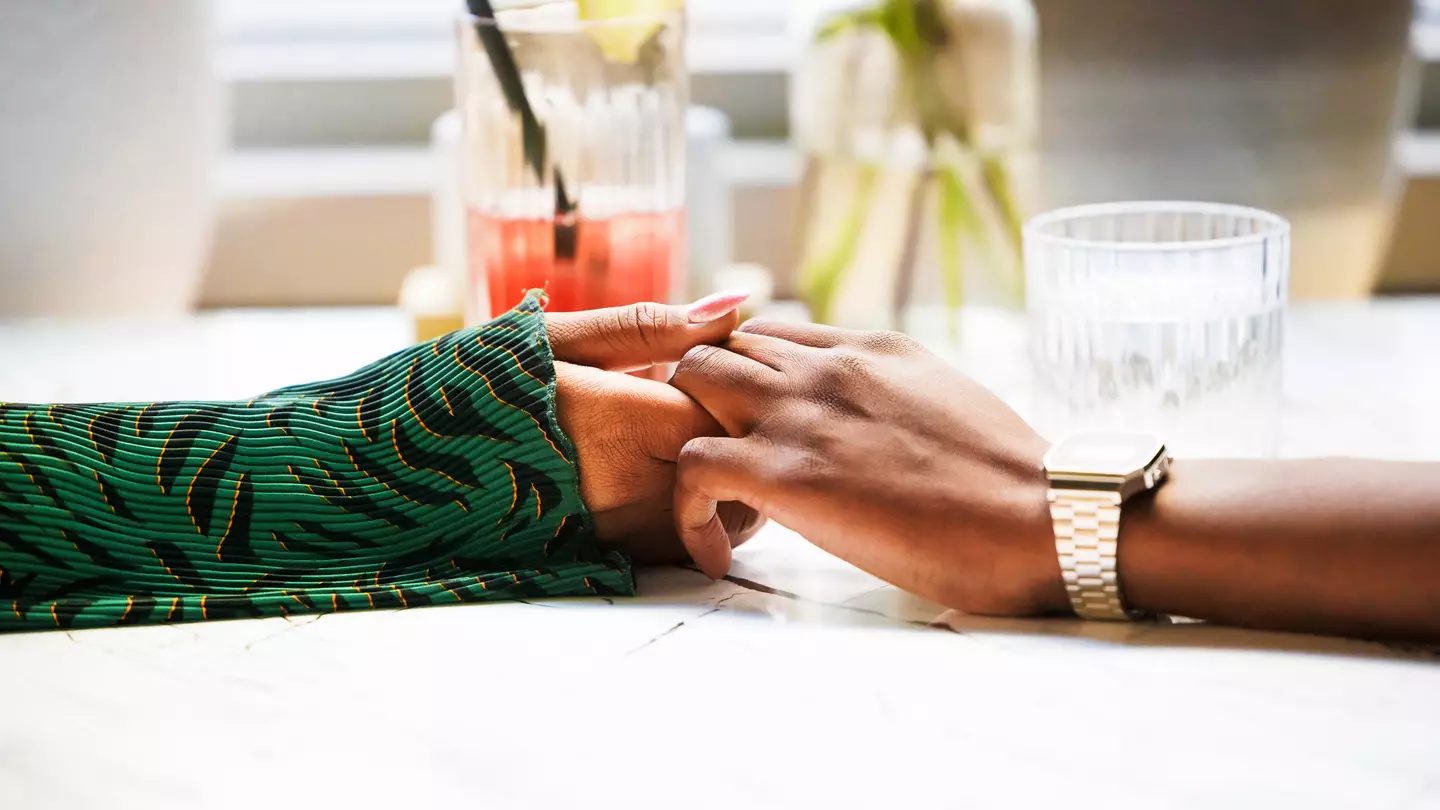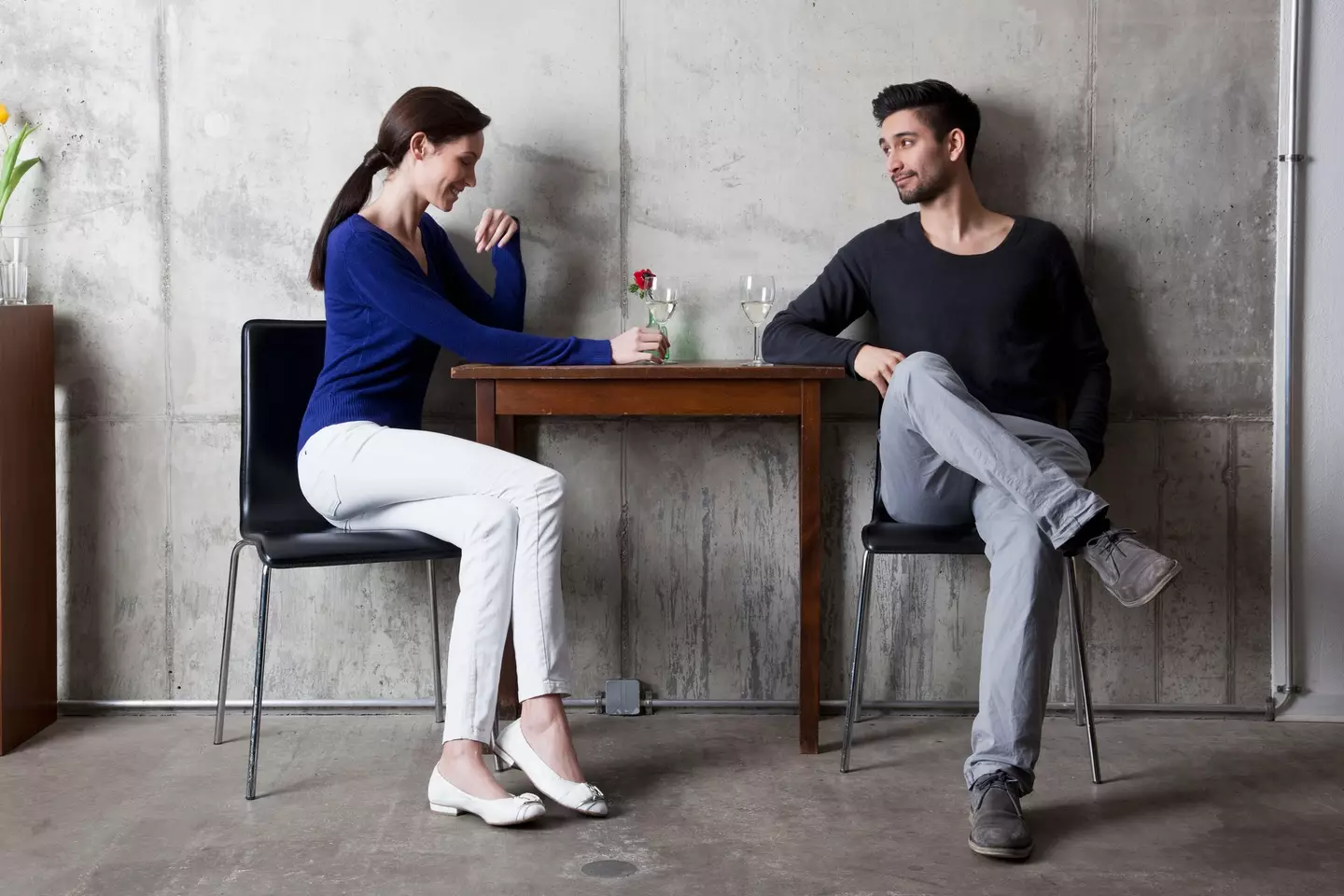
Dating is a numbers game, as the old saying goes... But if a formula could up your chances of finding 'the one', would you try it?
One mathematical solution from 1989 might just help you secure your most compatible partner.
Just in time, too; with Valentine's Day around the corner, we'll soon have relationships shoved in our faces at every turn.
The method might sound a bit ruthless, yet it yields just over a one in three - or 38.42 percent - chance of you picking your perfect match.
Advert
This is assuming you're destined to meet 20 potential suitors in your lifetime, Hannah Fry, Professor of the Public Understanding of Mathematics at University of Cambridge, writes in her 2015 book The Mathematics of Love: Patterns, Proofs, and the Search for the Ultimate Equation.
That might not sound like a high probability, but your chances could be a slim as just five percent if you were to settle down 'randomly.'

What is the 37 percent rule?
The 37 percent rule is a solution to the so-called 'secretary problem,' which seeks to maximise the chances of hiring the best employee.
Using actual math which I'm not bright enough to explain, Thomas S Ferguson found 'it is approximately optimal to wait until about 37% of the applicants have been interviewed and then to select the next relatively best one.'
So, it's a trick of random sampling, and it assumes a normal distribution.
In the world of employment - and dating - most people are average, and there are relatively few outstanding (and terrible) candidates.
But by interviewing, or dating, 37 percent, you gain experience and build a pattern.
Most importantly, though, you commit to nothing.
Then, you choose the next option that's better than everything you’ve seen before - and there's a one in three chance they're the best possible match for you.
So, based on meeting 20 people in your lifetime, you'd have to reject the first 7.4 people that come along in hopes of finding better.

What's wrong with the 37 percent rule?
There's plenty of nuance when applying the 37 percent rule to real life, particularly to something as unpredictable as dating.
Firstly, as one Reddit user pointed out, it assumes every single person you've dated would be down for a serious relationship and that simply might not be the case. We've all been there... right?
And unlike the hiring process, where the job advert closes and the total number of interviewees is determined, you don't actually know when you've met 37 percent of your potential love interests.
Even if you based it on Fry's estimate of 20 people, what if you're fated to meet more - or less?
Plus, as Fry warns, you still run the risk of rejecting your perfect partner if you crossed paths early on, all in the name of math.

What if you lower your standards?
The 37 percent rule assumes you're looking for the utmost compatibility, but what if you set your sights lower?
As I've learnt over the past two and a half years, lowering your standards doesn't always serve you well...
But if you widen your pool and go for someone in your top 15 percent of potential matches instead, it might be a little more manageable; you'd only need to reject the first 19 percent who come along.
That's only 3.8 people as opposed to 7.4... This gives an almost four-in-five chance of success, as per IFLScience.
Now, to deal with the existential crisis this has all brought on...
Topics: Sex and Relationships, Life